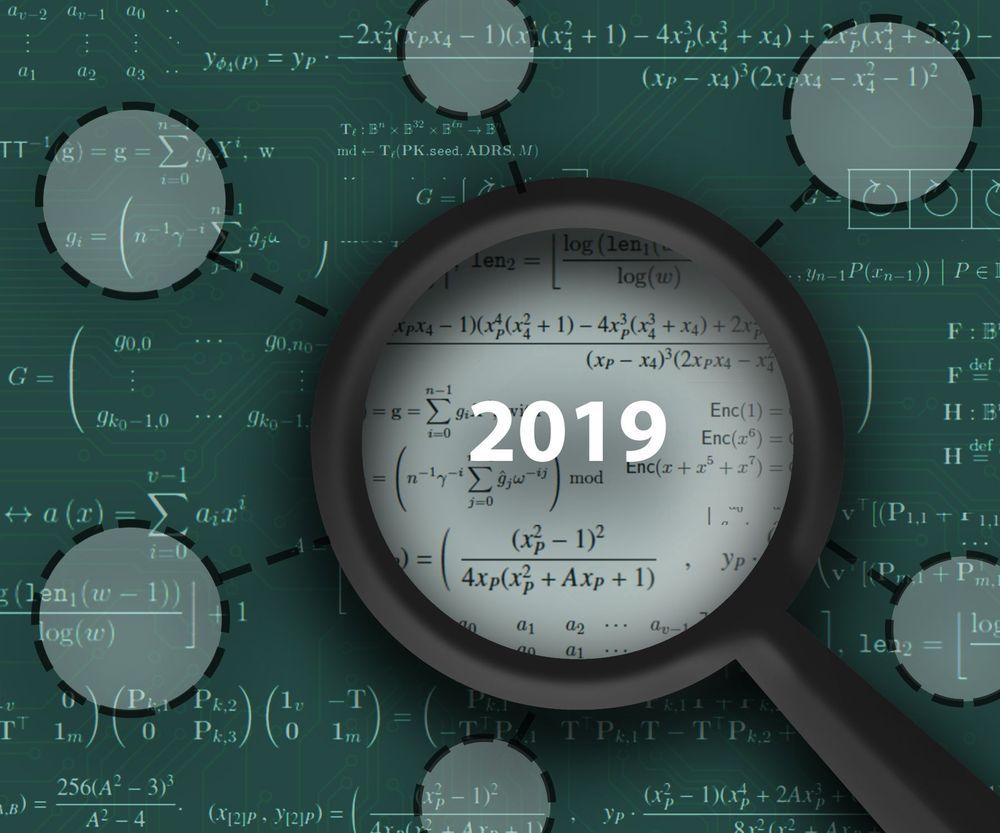The field has narrowed in the race to protect sensitive electronic information from the threat of quantum computers, which one day could render many of our current encryption methods obsolete.
As the latest step in its program to develop effective defenses, the National Institute of Standards and Technology (NIST) has winnowed the group of potential encryption tools—known as cryptographic algorithms—down to a bracket of 26. These algorithms are the ones NIST mathematicians and computer scientists consider to be the strongest candidates submitted to its Post-Quantum Cryptography Standardization project, whose goal is to create a set of standards for protecting electronic information from attack by the computers of both tomorrow and today.
“These 26 algorithms are the ones we are considering for potential standardization, and for the next 12 months we are requesting that the cryptography community focus on analyzing their performance,” said NIST mathematician Dustin Moody. “We want to get better data on how they will perform in the real world.”










Comments are closed.